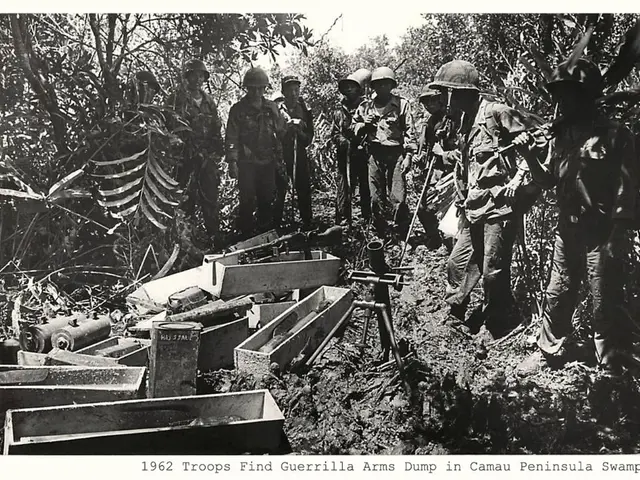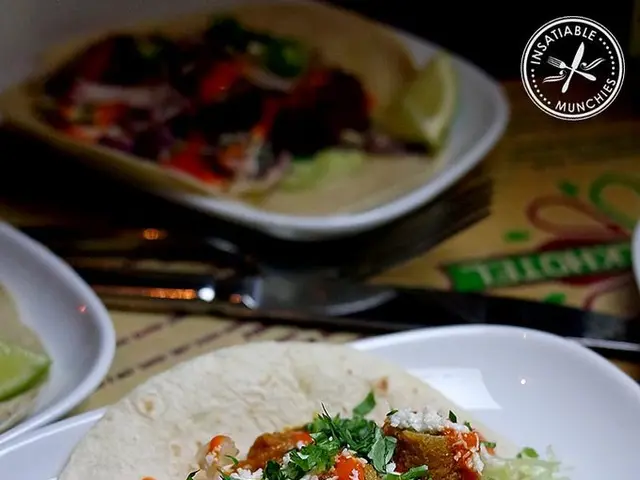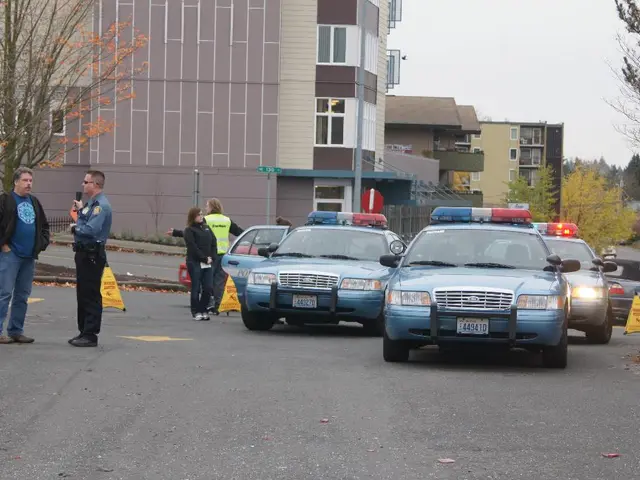Cabaero: Preparations in advanced stage for the upcoming major event
Get ready for a lengthy build-up to the 2028 national election in the Philippines. With the midterm elections wrapping up, preparations for the presidential and vice presidential races are already in motion.
The 2025 midterm elections brought some unexpected outcomes, providing instructive insights for the next national contest. To start, campaigns need to revolve around real issues that matter to the people, such as health and employment opportunities, rather than grandiose promises. Next, it's crucial to let go of political leaders whose outdated styles have worn thin with voters. Lastly, harnessing the youth vote will be vital, as it demonstrated a strong presence in recent elections.
This requires immediate action, as the following three years will be consumed with fine-tuning messages, evaluating alliances, and nurturing support networks, particularly on social media and among grassroots communities. In other words, anticipate a stretched-out campaign period for the 2028 election.
On the positive side, this approach encourages the public to carefully monitor the performance of elected officials and promotes open discussions on policy matters. However, the prolonged political noise may lead to voter fatigue. Some individuals might stop paying attention, while others might only re-engage when the field of candidates becomes clearer.
On the national scene, the 2025 midterm elections reflected the ongoing power struggle between the Duterte and Marcos families. The rearrangement of the Senate composition indicates this division, with candidates endorsed by President Ferdinand Marcos Jr. poised to secure six of the 12 seats. Three seats are likely to go to allies of the Dutertes, with one affiliated with both families. The opposition, led by Sen. Risa Hontiveros, is also expected to claim victories, with former senators Bam Aquino and Kiko Pangilinan among the top contenders.
Things are no different in local races, where unexpected outcomes like Pam Baricuatro's victory over incumbent Gwen Garcia in Cebu Province were noteworthy. Whether these early moves and shifting alliances represent genuine change or more political maneuvering remains uncertain. But one thing is clear – the road to 2028 has been paved and the preparations have begun.
Key Insights for 2028 Elections
- Coalition Building and Electoral Niche Expansion: The opposition needs to collaborate with diverse political groups and communities to broaden its appeal and outreach[4]. Key endorsements and alliances could boost electoral support[3][5].
- Post-Election Analysis and Strategy Adjustments: The opposition needs to analyze past setbacks, identify areas for improvement, and develop new strategies[4]. This includes nurturing a new generation of leaders who can better resonate with the electorate and address the youth vote[5].
- Targeting Youth Voters: The youth's surprising influence in the 2025 elections highlights their impact in upcoming contests. Engaging with them through relevant policies and narratives will be critical[5].
- Political Dynasties and Influence: The impact of powerful political families like the Dutertes and Marcoses indicates that dynastic influence will persist in Filipino politics[3][5]. The opposition must formulate effective countermeasures.
- Economic and Social Policies: Future elections might revolve around economic recovery, social welfare, and addressing the impacts of global economic shifts on the Philippines. Candidates need to present compelling economic and social policies to attract votes[1].
- Impeachment Proceedings and Legislative Influence: The outcome of the 2025 midterm elections might impact impeachment proceedings against high-ranking officials, shaping the trajectory of the 2028 elections[5].
- Electoral Reforms: There may be initiatives to improve transparency and inclusivity in the electoral process, building on lessons from the 2025 elections[1].
- As the government prepares for the 2028 national election, it is crucial for political parties, particularly the opposition, to focus on coalition building and electoral niche expansion to increase their appeal and outreach.
- To create a meaningful impact in the upcoming elections, the opposition must thoroughly analyze past setbacks, identify areas for improvement, and develop new strategies, including nurturing a new generation of leaders who can better resonate with the electorate and address the youth vote.
- Recognizing the youth's significant influence in the 2025 elections, it will be essential for political parties to engage with them by crafting relevant policies and narratives to maintain their support in future contests.








